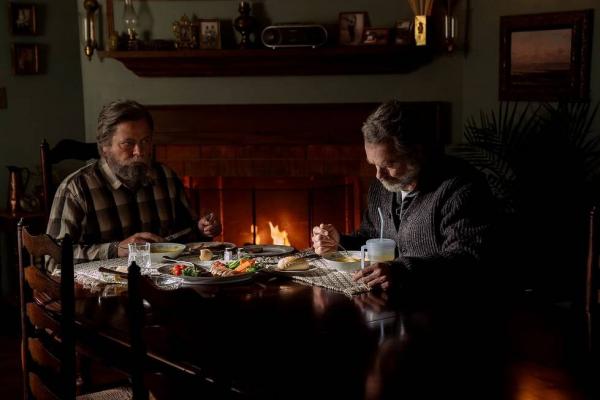The Last of Us has some of the characters you’d expect in an end-of-the-world series, including Bill, a survivalist portrayed with comical stoicism by Nick Offerman. Only one word can describe the look on Bill’s face when he emerges from his stately New England home, lowers his pistol, and pulls off his gas mask: relief. Not relief that his neighbors were still there, saved from the disaster that government officials had been warning them about, but quite the opposite: Bill’s relief comes from the fact that his neighbors have gone, evacuated to a quarantine zone while he hid in his heavily fortified safe room. With the entire town to himself, Bill indulges in his new life and gets what most doomsday preppers only dream of: an actual doomsday.
Read the Full Article

